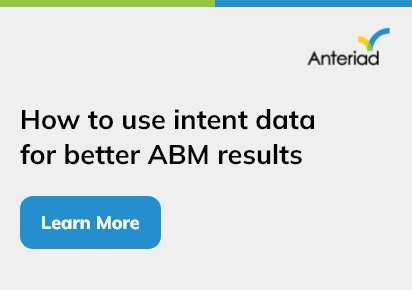Renowned for its dynamic academic and professional milieu, Washington, DC is fast becoming a center for cutting-edge data efforts. Universities and the private sector are working together to advance academic research and advance practical applications across a range of industries. This blog examines the advantages, notable cases, and prospective advancements of these cooperative data projects in the future.
Advantages of Teamwork
Improved Research and Innovation: Private businesses offer real-world data and useful applications, while universities contribute state-of-the-art research skills. This combination encourages creativity, which produces ground-breaking findings and solutions.
Skill Development and Talent Pipeline: By gaining practical experience working on real-world initiatives, researchers and students improve their employability. Access to a pool of bright recent graduates who are familiar with their industry’s demands is advantageous to companies.
Resource Sharing: Data, technology, and knowledge are just a few of the resources that are frequently exchanged during collaborations. By combining resources, expenses can be drastically cut, and project completion times can be shortened.
Handling Social Challenges: Joint projects might concentrate on urgent social challenges like sustainability, urban planning, and public health. These initiatives can offer practical insights and answers by utilizing data.
Important Illustrations of Collaborative Projects
Georgetown University & Tech businesses Partnership: To gain insights into public policy, the McCourt School of Public Policy at Georgetown University works in partnership with tech businesses to examine data. Researching how digital platforms affect society and creating data-driven policy suggestions are two of the projects underway.
George Washington University and Healthcare Providers: To improve patient services and medical outcomes, George Washington University collaborates with health care professionals to use big data. This involves identifying at-risk people and developing solutions based on their needs by using predictive analytics.
Howard University and Fintech Companies: Howard University and fintech companies work together to investigate the financial uses of blockchain technology and data analytics. The goals of this collaboration are to advance financial inclusion and provide cutting-edge financial solutions.
Obstacles and Things to Think About
Data Security and Privacy: Safeguarding private information and making sure privacy laws are followed are important issues. Strong data governance frameworks must be established by universities as well as partners in the corporate sector.
Intellectual Property and Financial: To prevent disputes and guarantee fair advantages for all parties, precise agreements regarding intellectual property rights and financial obligations are necessary.
Scalability and Sustainability: Long-term sustainability and the possibility for joint ventures to grow beyond the original collaboration are essential for making a lasting impression.
Conclusion
Initiatives using collaborative data between colleges in Washington, DC, and the commercial sector present a potent model for knowledge advancement, innovation stimulation, and problem solving. Through the combined strengths of industry and academia, these partnerships have the potential to yield substantial societal and economic benefits.



